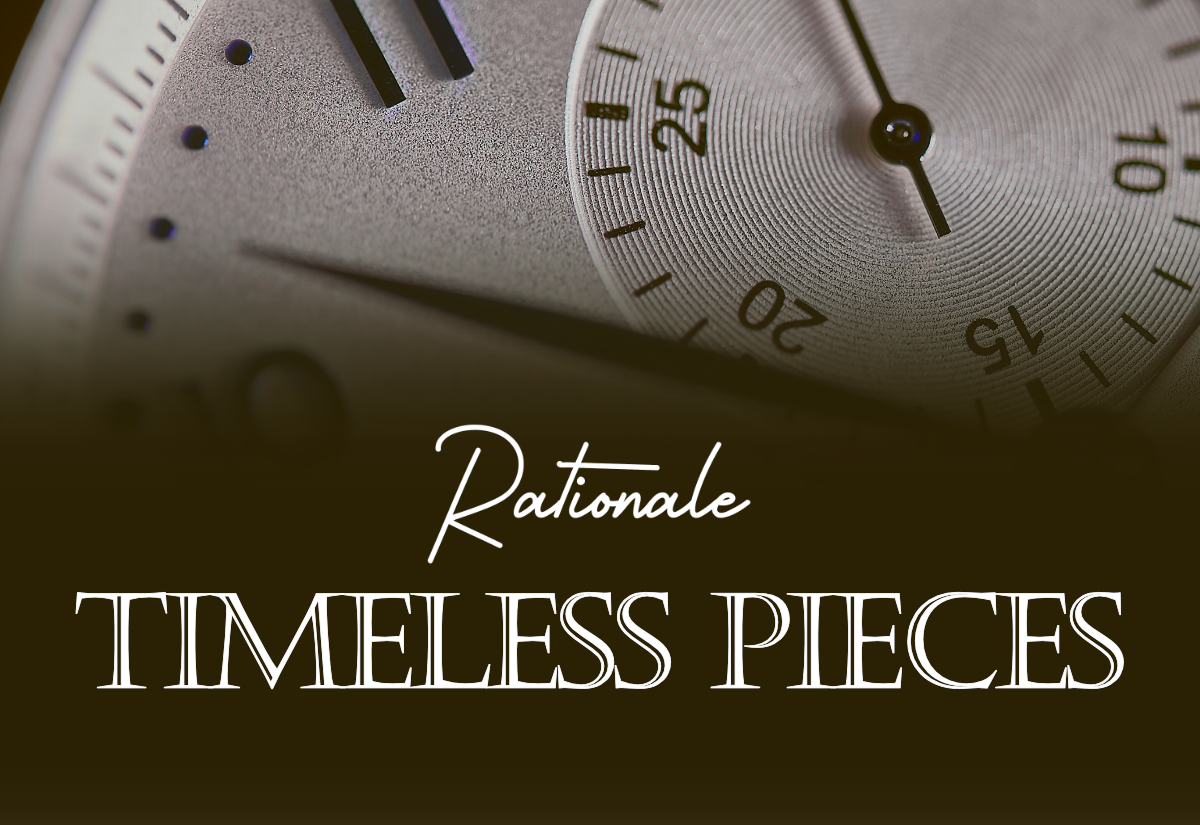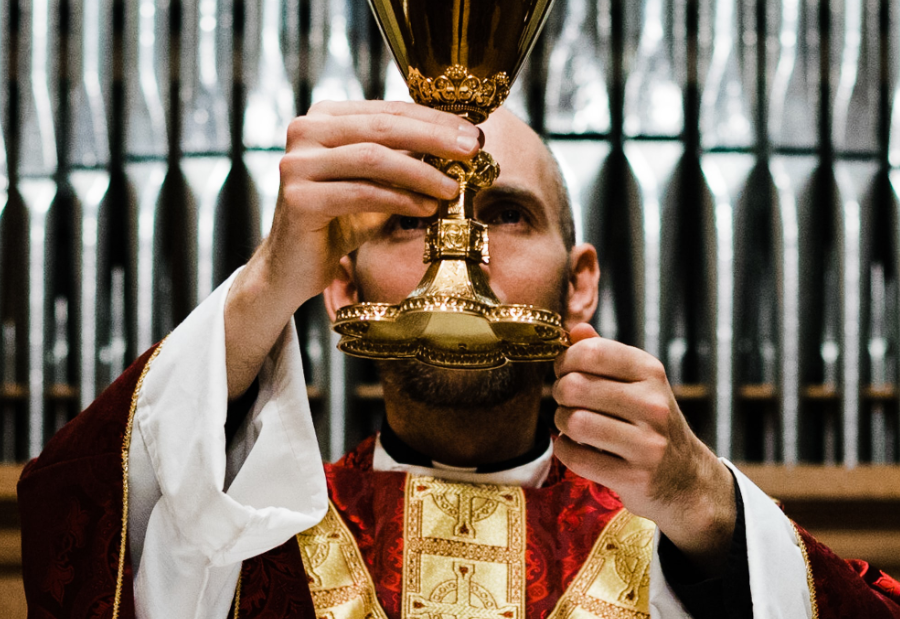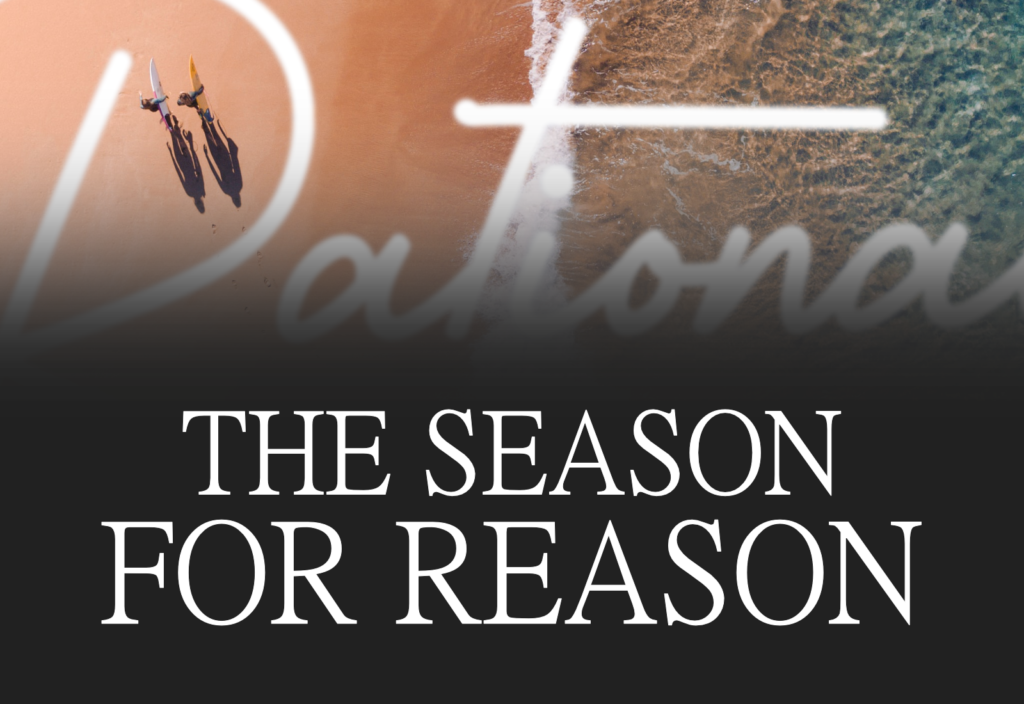This article is part of our ‘Timeless Pieces’ series of summer reading, featuring articles from our former hardcopy Australian Rationalist journal. The article was originally published in the Spring 2013 edition of the journal.
One of the main tenets of effective argumentation is the principle of charity, which states that we should present the views of our opponents in the most rational, cohesive and charitable light possible. It should be done in such a manner, as they themselves would wish that they had said it so well.
There are several extremely good reasons for doing this. The first is to dissolve any urge to project excessive emotional content onto the issue, particularly when we are simply succumbing to petulance. This makes the issue one of argumentation rather than just a statement of contempt.
The second reason is that you make yourself seem reasonable to both your opponent and to any prospective audience. Not only that, but you project a generosity of spirit and a respect for the other view that can only be advantageous.
Finally, and most importantly, if you are able to argue well against a position presented in its best possible form, then any arguments against your case will have less traction, and your potential to persuade others to your position will be maximised.
Unfortunately, this is directly opposed to how argumentation is generally conducted in the public sphere (I leave the reader to note examples of this through a casual inspection of the media on any given day).
Let’s look at an example using the case against gay marriage. No single group or ideological basis represents the opposition to gay marriage, but for the purposes of this exercise I will focus on those that (claim to) oppose it from a non-religious stance.
What arguments might be made from this perspective? In its most charitable interpretation, those who hold such views value the role of family in both the upbringing of the individual and as a societal unit that lends stability and security to the community.
Families are the wellsprings of values in a way difficult for schools to achieve, and can act as a buffer against emotional and psychological turbulence. They can give meaning and purpose in life and are a source of unconditional love and support. They also act as a model for children, in that they can fashion their own relationships in such a way as to mirror the success of previous generations, and so perpetuate this success through to a new generation.
Families are best able to achieve all the above when they are based on a loving relationship focused on the wellbeing of children. The best type of family is that which provides for the children a male and female role model, through the father and mother, as these roles can show children different strengths and weaknesses and can therefore give children the best possible support at all times. This model is tried and tested, having survived for many generations.
Allowing people of the same gender to marry diminishes how families are valued. It is not that such people should not be permitted to have a relationship, but rather that marriage should be preserved as the special bond between a man and a woman so that the prominence of that role in society is upheld and that we, as a society, make clear to children that we value what it can give.
… if you are able to argue well against a position presented in its best possible form, then any arguments against your case will have less traction, and your potential to persuade others to your position will be maximised.
This is aspirational for us both individually and collectively. The above description is one attempt to present, as charitably (and briefly) as possible, a position in which gay marriage should not be permitted. But this position has tensions that make the case weak.
The major tension is that between the loving inclusivity of the family, as portrayed above, and the excluding action of denying same-sex couples the recognition that the love they have for each other is of the same character and potency as found in any heterosexual relationship.
Worse, children of such families are logically exempt from all supposed benefits as what is innate to them is incompatible with the values and purpose of the family. To speak of nurturing, support and unconditional love on the one hand, and then of rejection and exclusion on the other is untenable.
Another tension is the assumption that all the supposed rewards of family can only emerge from a relationship between a male and female. Hence, in this view, to oppose heterosexual-only marriage is to oppose or deny the value of the family.
In a similar way, the recognition of gay marriage would be seen as a public rejection of this value. This is the error inherent in the phrase ‘family values’, so often associated with those who oppose gay marriage.
One of the important imperatives of the principle of charity is that you treat your audience as rational. This means they are willing and able to follow your arguments, and are amenable to change as a result.
By presenting the most favorable face to a position and then demonstrating its weaknesses, your audience is limited in arguing the alternative position. More than this, the onus of proof can shift to them to show how they would oppose this, rather than it being on you to justify your position further.
Give it a go in your next encounter.
At the time of publication in 2013, Peter Ellerton was doing a PhD in critical thinking at the University of Queensland. He was a former head of Experimental Science at the Queensland Academy of Science, Mathematics and Technology.
Photo by Agê Barros on Unsplash.













